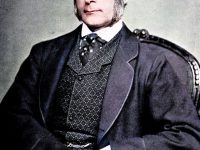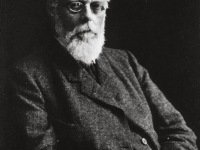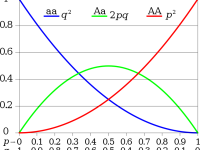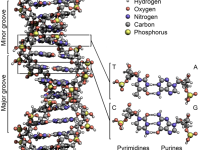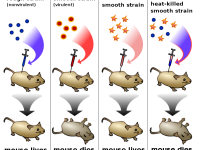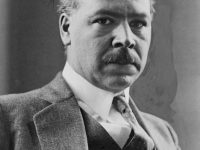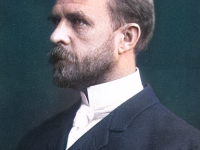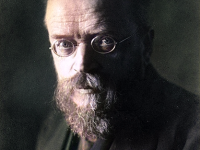Sir Francis Galton – Polymath
On February 16, 1822, the cousin of Charles Darwin, Sir Francis Galton was born. Galton the polymath, was known for his fundamental contributions to anthropology, geographics, genetics, psychology, statistics, and eugenics. He also was the first to apply statistical methods to the study of human differences and inheritance of intelligence, and introduced the use of questionnaires and surveys for collecting data on human communities, which he needed for genealogical and biographical works and for…
Read more

